- Membership Resources
- State Chapters
- Education/Events
-
Advocacy/Policy
- Home Care Workforce Crisis: An Industry Report and Call to Action
- Advocacy Fund
- State of Home Care: Industry at Crossroads
- Home Care Workforce Action Alliance
- Caring for Seniors: Value of Home Care
- Home Care by the Numbers
- Issues & Positions
- Legislative Action Network
- State Legislation Tracker
- Federal Legislation Tracker
- 2024 National Advocacy Day
- About HCAOA
- Find a Job
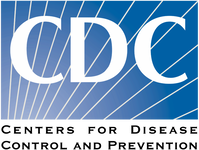 The Centers for Disease Control and Prevention (CDC) has released updated recommendations to safeguard individuals and communities from respiratory viruses, such as COVID-19, influenza (flu), and RSV. Highlighting the reduced rates of hospitalizations and deaths related to COVID-19, the CDC’s guidance underscores the importance of staying current with vaccinations, practicing good hygiene like covering coughs and washing hands often, and improving indoor air quality. If you do become sick, it is recommended to stay home until symptoms improve and return to normal activities when, for at least 24 hours, symptoms are improving, and you have been without fever without the use of medication. The updated guidance emphasizes a unified approach to respiratory viruses, making it easier to adopt and limit disease spread.
0 Comments
End of Pandemic Payments to Family Caregivers Could Exacerbate Workforce Shortages in Medicaid HCBS9/27/2023 A recent analysis by the Kaiser Family Foundation (KFF) warns that the termination of payments to family caregivers, which were allowed during the COVID-19 pandemic, may intensify workforce shortages in Medicaid home- and community-based services (HCBS). Over 4 million individuals rely on Medicaid HCBS, making it a vital program for elderly and disabled Americans. Medicaid spent approximately $162 billion on HCBS in 2020, out of a total of $245 billion in HCBS spending, as Medicare generally does not cover these services.
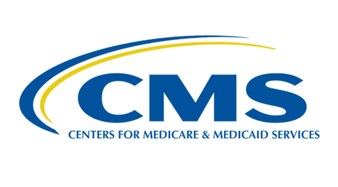 CMS has addressed operational issues causing people to lose their Medicaid coverage during the federal unwinding period. CMS identified problems with how certain states auto-renew enrollees at the family level rather than the individual level, potentially leading to the improper disenrollment of eligible individuals when family members don't qualify for coverage. In response, CMS has mandated that affected states pause procedural terminations for those improperly disenrolled, reinstate their coverage, switch to individual-level auto-renewals, and implement strategies to mitigate further issues, such as extending Medicaid eligibility for affected families up to a year after their scheduled renewal period. CMS aims to rectify flaws in a renewal process that has resulted in millions of individuals losing Medicaid coverage because of the end of COVID-19 eligibility requirements. HCAOA CEO Vicki Hoak participated in last week’s NAIIS Workshop held in Washington, DC to discuss the country’s plan on promoting three vaccines that older Americans should receive this fall: Flu, COVID, and RSV, or the Big 3 Vs. This was an invitation-only event that drew representatives from health systems, health plans, pharmaceutical companies, pharmacists, state health officials, nursing homes, and the Veterans Administration.
The Department of Social Services, Community Care Licensing Division has issued PIN 23-13-ASC, which supersedes PIN 23-07-ASC, dated April 6, 2023, and provides information on the end of the vaccination and booster requirement for all workers in Adult and Senior Care (ASC) facilities and the end of the masking requirement in ASC facilities.
Following recent changes to federal requirements regarding COVID-19 vaccines, New Jersey Gov. Phil Murphy last week signed Executive Order (EO) No. 332 to lift the COVID-19 vaccination requirements for health care settings in New Jersey.
In conjunction with the Biden administration’s declaration that the COVID-19 national public health emergency ended effective May 11, 2023, the Centers for Medicare and Medicaid Services (CMS) announced it would “soon end” its mandatory vaccination requirement and that additional guidance would be forthcoming. As anticipated, on June 5, the CMS published a final rule providing guidance to healthcare employees about unwinding provisions of its interim final rule, which mandated COVID-19 testing, education, and vaccinations.
Connecticut Chapter Presents Outstanding Leadership Awards to Recipients Delayed by the Pandemic5/24/2023 Several members and representatives of HCAOA Connecticut gathered at the state Capitol in Hartford last week to present Outstanding Leadership Awards from the Chapter to two state legislators that were not able to be presented in person over the past several years due to the pandemic.
Sen. Joan Hartley of Waterbury received the 2020 Outstanding Leadership Award and Sen. Derek Slap of West Hartford received the 2021 Outstanding Leadership Award. The 2023 Outstanding Leadership Awards will be presented during the Connecticut Chapter Conference on Wednesday, June 14. A new Basic Caregiver Training Emergency Rule (WSR 22-15-020) has been refiled in Washington state, effective July 12, 2022. The Department of Social and Health Services (DSHS) filed rules effective July 1, 2022 as WSR 22-12-081 to outline dates by which HCAs must complete basic caregiver training based on hire and rehire dates. These dates may extend through September 30, 2023, or within 120 days after the end of the COVID-19 training waivers established by the governor, whichever is later.
Essential Support: State Hazard Pay and Sick Leave Policies for Direct Care Workers During COVID-197/20/2022 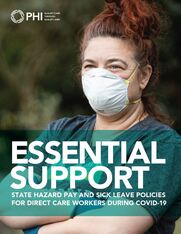 A new report released last week by PHI found that while 24 states and the District of Columbia supported direct care workers with hazard pay and/or paid sick leave policies during the first 18 months of COVID-19, 26 states did not. This report details findings from a recent study by PHI on hazard pay and paid sick leave policies enacted across all 50 states and DC from March 2020 to August 2021 (the first 18 months of the COVID-19 pandemic). The purpose of the study was to document how states responded to the challenges faced by direct care workers and other essential workers during one of the most devastating health crises in recent history—and to generate lessons for the future. EEOC Updates COVID-19 Guidance, Potentially Limiting Employers’ Ability to Screen Employees7/20/2022 On July 12, the U.S. Equal Employment Opportunity Commission updated its COVID-19 FAQs, with specific emphasis on viral testing, antibody tests, and other issues relating to workplace safety. The agency’s update arrives as the nation continues to wrestle with substantial community spread of COVID-19, and new and more contagious variants of the virus are emerging here and around the globe.
On June 8, 2022, the California Department of Public Health (CDPH) issued an order defining “Close Contact” and “Infectious Period” for purposes of the CDPH’s Isolation and Quarantine Guidance issued on April 6, 2022. Because the definitions in the new Order directly affect requirements under the currently effective Third Revised COVID Emergency Temporary Standard, California employers should be aware of this development.
Households can order an additional eight tests at www.covidtests.gov if they have already received tests from the first two rounds of distribution. Agencies should let their clients and families know about the additional tests as a safeguard against the spread of the disease.
The Washington State Department of Social and Health Services has filed new rules to respond to the backlog of long-term care workers needing training and/or testing for certification caused by the COVID-19 pandemic.
These new rules will allow additional time for long-term care workers to be trained and certified. Workers are also credited with continuing education hours for on-the-job training during the COVID-19 emergency, and deadlines for completing continuing education are also extended. The Permanent Rule Making adds two new sections in Chapters 388-71 WAC and 388-112A WAC. To access the rule language, please click here. The Department of Health and Human Services (HHS) and CMS announced that the deadline for states to use funding from the American Rescue Plan (ARP) has been extended to March 31, 2025. The ARP provided states with a temporary 10 percentage point increase in federal Medicaid funding for HCBS if they meet certain requirements. The original deadline was March 22, 2022.
The additional federal funding made available under the ARP allows those enrolled in Medicaid who need long-term services and supports to receive assistance required to reside in the setting of their choice. States are using the funds in a variety of ways to enhance, expand, and strengthen home and community-based services. Some are using the additional funds to increase HCBS to help people with Medicaid coverage receive care outside a skilled nursing facility after a hospitalization. Others are providing recruitment and retention bonuses and increasing pay for direct support professionals and implementing new training programs and other strategies to strengthen the direct support workforce. Click here for details about how states are using the funds. |
Archives
July 2024
Categories
All
Upcoming Events |
|
Phone: 202-519-2960 | 444 N. Capitol Street NW, Suite 428 | Washington, DC 20001
[email protected] | sitemap © 2024 Home Care Association of America. All Rights Reserved. | Privacy Policy | Refund Policy |
|

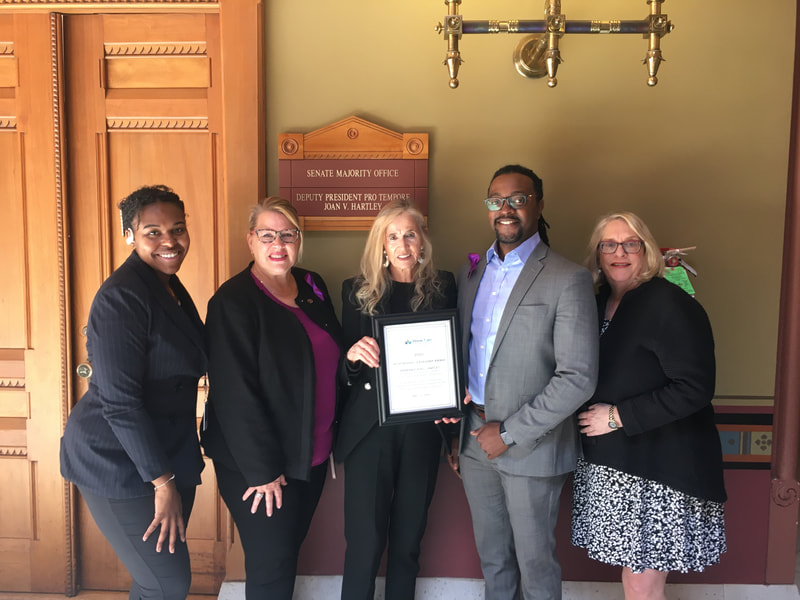
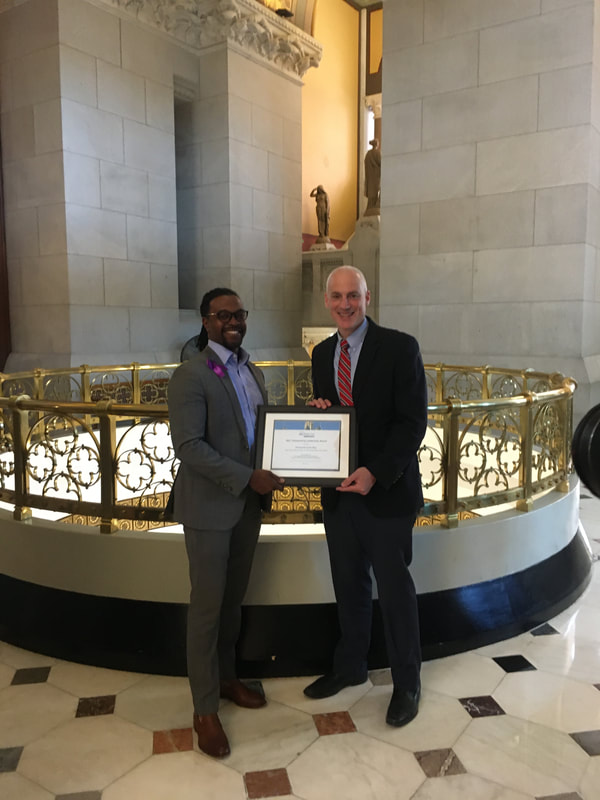
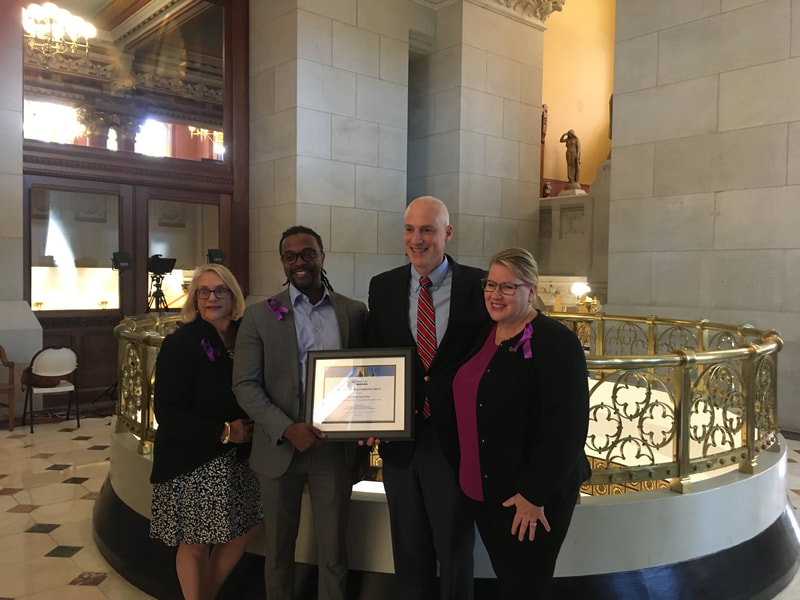
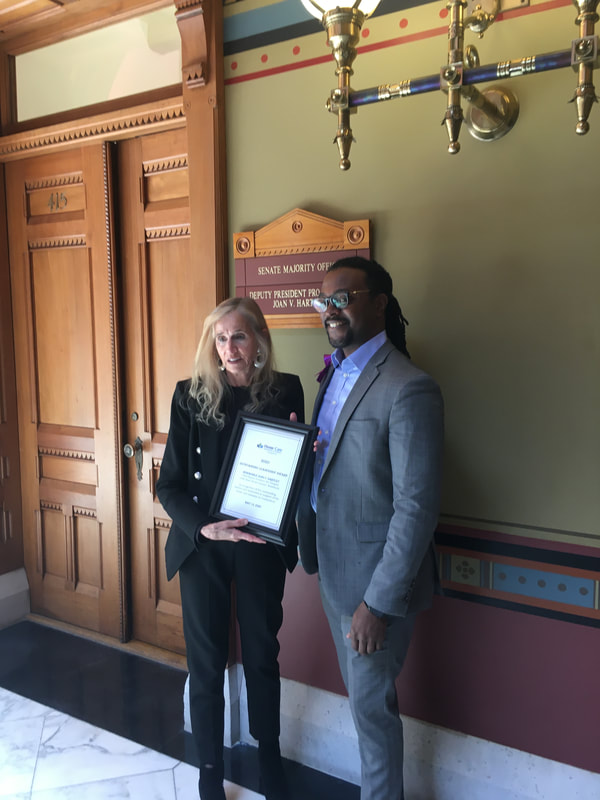
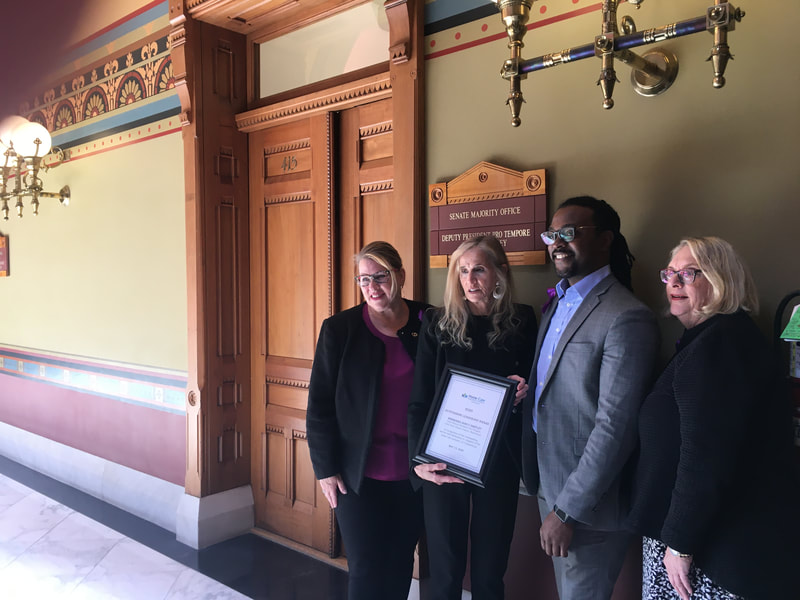
 RSS Feed
RSS Feed
